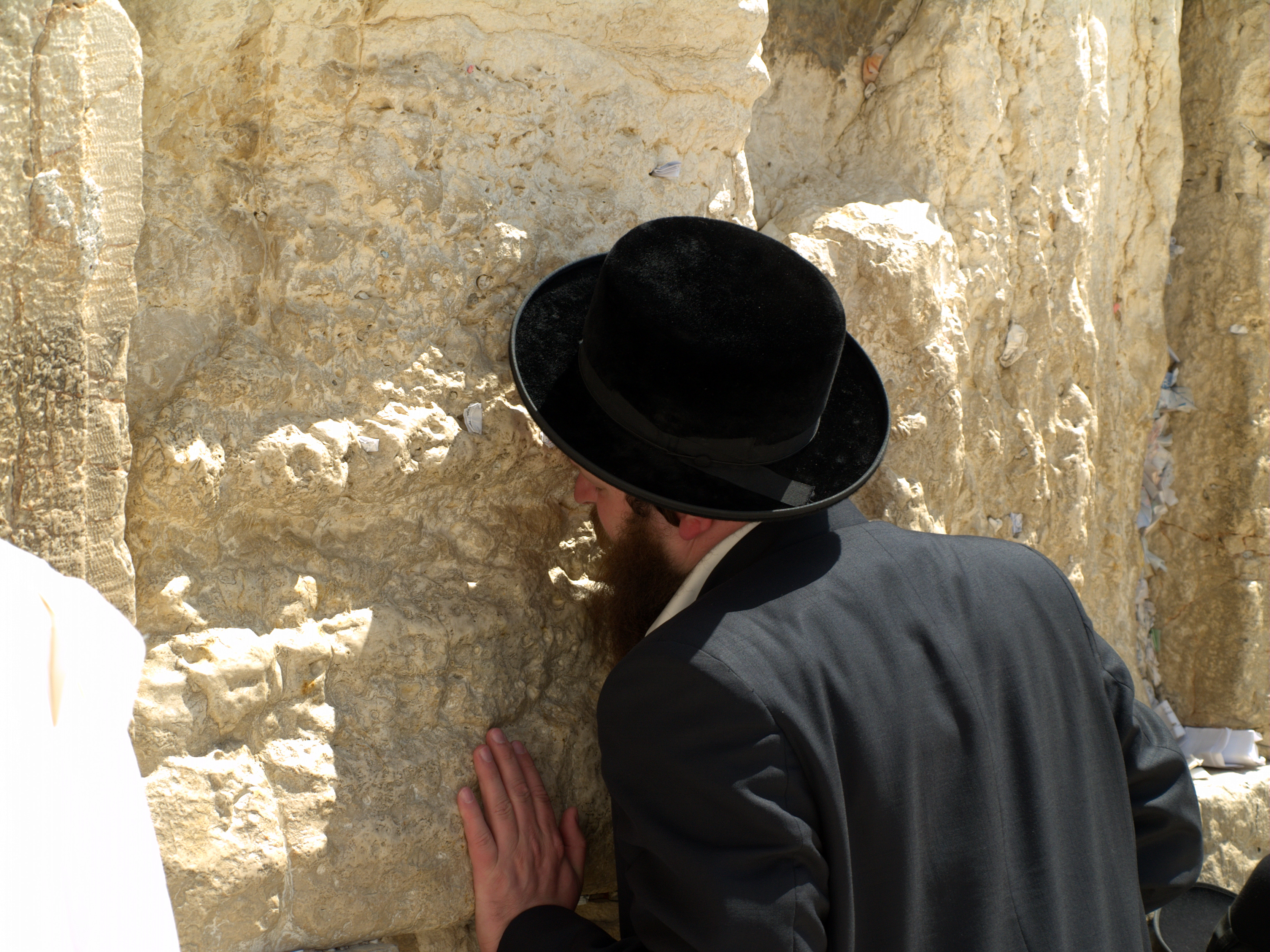DAY FORTY:
The Fall of Jerusalem
We take another long leap, over 200 years, to come to our passage today. So let's summarize. After Solomon's death the nation split in two. The ten northern tribes formed the Kingdom of Israel, while Judah and Benjamin continued under the rule of David's descendants and was known as Judah. Israel got off to a bad start when its first king, Jeroboam, built shrines with golden calves and established his own priesthood to serve at them. The nation never shook off this "sin of Jeroboam" and then followed Baal. Kings and dynasties came and went as coups and assassinations were common. Israel's powerful neighbors started nibbling at its territory. Finally the Assyrians swept in from the north and conquered Israel in 722 BC. The Assyrians liked to play "upset the fruit basket" with the lands they conquered. They deported over half of Israel's population to the far reaches of their empire and brought in people from other lands. There was a small remnant who remained true to their God, but for the most part the northern tribes lost their identity.
What of Judah? Its history was somewhat better. Some kings were unfaithful and led the nation in worshipping Baal and other gods. But many were faithful and trusted in the Lord. God graciously preserved Judah when the Assyrians threatened Jerusalem. King Hezekiah cried out to the Lord and He struck down the Assyrian army. But Judah's downward trajectory didn't change. The Babylonians rose up and conquered Assyria and inherited its empire. King Nebuchadnezzar captured Jerusalem in 597 BC, but left the city intact and maintained the Davidic line on the throne as puppet rulers. Nebuchadnezzar carried off about ten thousand of the best and brightest in the first deportation. Daniel and his three friends and the Prophet Ezekiel were among these deportees. Then Babylon imposed taxes and tributes on Judah.
Our passage begins with Zedekiah rebelling against Babylon. Nebuchadnezzar sent his forces to lay siege to Jerusalem. The city fell and the Babylonians were not inclined to mercy. The last thing King Zedekiah saw was the execution of his sons. Then his eyes were put out and he was hauled off to Babylon in chains. Then the Babylonians took anything of value, including the Temple's furnishings, and destroyed what was left. They deported a much larger portion of the population, leaving a few of the poorest people behind to occupy the land. Solomon's magnificent Temple was in ruins and the wall pulled down. Except for a brief period in the second century BC under the Maccabees, Israel ceased to be an independent political entity until the establishment of the modern state of Israel in 1948.
Sounds like an unhappy ending to the story. But wait! God was with His people in Babylon and they repented of their sin and folly. Deprived of the Temple, they gathered to worship wherever they found themselves and the synagogue was born. After seventy years, the number of Sabbatical years that Israel had failed to observe, God would bring them back. He raised up the Persians under Cyrus. They conquered Babylon and Cyrus gave permission for the Jews to return to their land and rebuild the Temple. The Books of Ezra and Nehemiah tell the story.
Let us not think that our nation or any other nation on earth is immune from God's righteous judgment. Jesus said that we are the salt of the earth and the light of the world. We preserve what is good and shed light on what is bad. Are we, His people, faithful to that mission in the 21st century?
We learn the pain of exile, of separation from God. Psalm 137 always brings a lump to my throat:
By the waters of Babylon,
there we sat down and wept,
when we remembered Zion.
On the willows there
we hung up our lyres.
For there our captors
required of us songs,
and our tormentors, mirth, saying,
“Sing us one of the songs of Zion!”
How shall we sing the Lord's song
in a foreign land?
God brought His people out of Egypt and into the land He promised Abraham. But because of their unfaithfulness He carried them into exile in Babylon, where once again they were slaves. Yet even in Babylon God is with them and will deliver them. Many of our brothers and sisters in Christ are suffering persecution for their faith. Keep them close to your heart and constantly in your prayers. And pray that we will not stray from Him in the midst of our prosperity.
The picture at the top of this page is of a man kissing a wall. It's not just any wall- it's the western wall of the Temple. When the city was destroyed this wall was allowed to stand and became part of other structures for two millennia. The large stones on the bottom are remnants from Solomon's Temple and the higher ones from the second temple built by the returning exiles. This wall is a symbol of longing for the Jewish people. I felt that longing when I stood before the wall. So much of the history of God's people is in that wall. Those stones were there when Jesus came. This wall is a reminder of God's faithfulness, that He will set everything right in His time.
Here is a beautiful song based on Psalm 42, another Psalm written in exile:

I love that song. "You alone..." is said a lot in the song, yet I want to find my identity in so many other things these days. I think we know in the deepest realm of our hearts that there is only one thing that can satisfy our spirit - the love and presence of God.
ReplyDelete